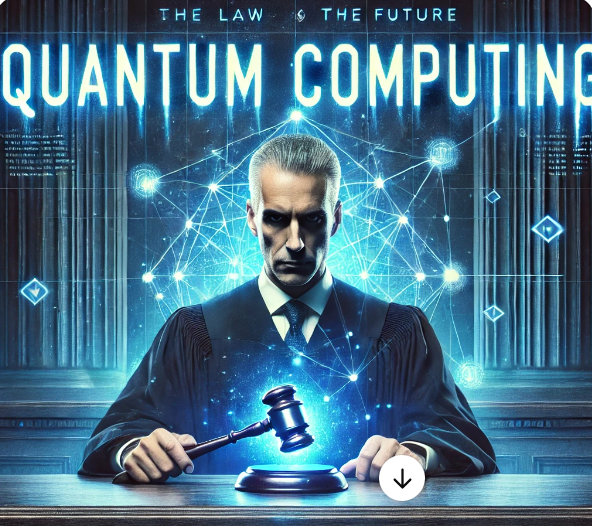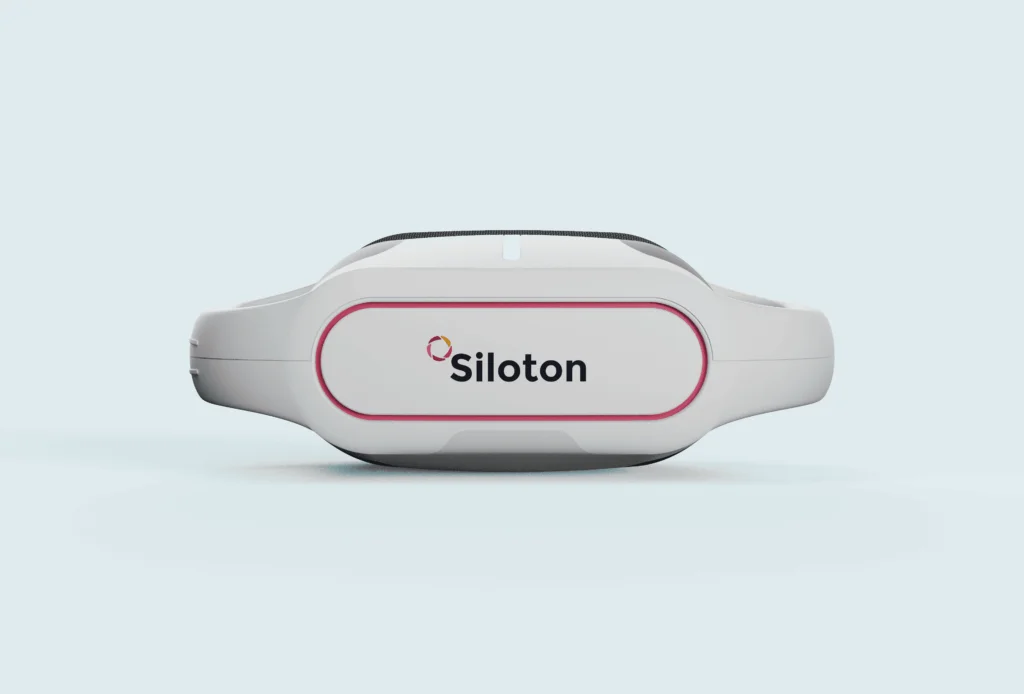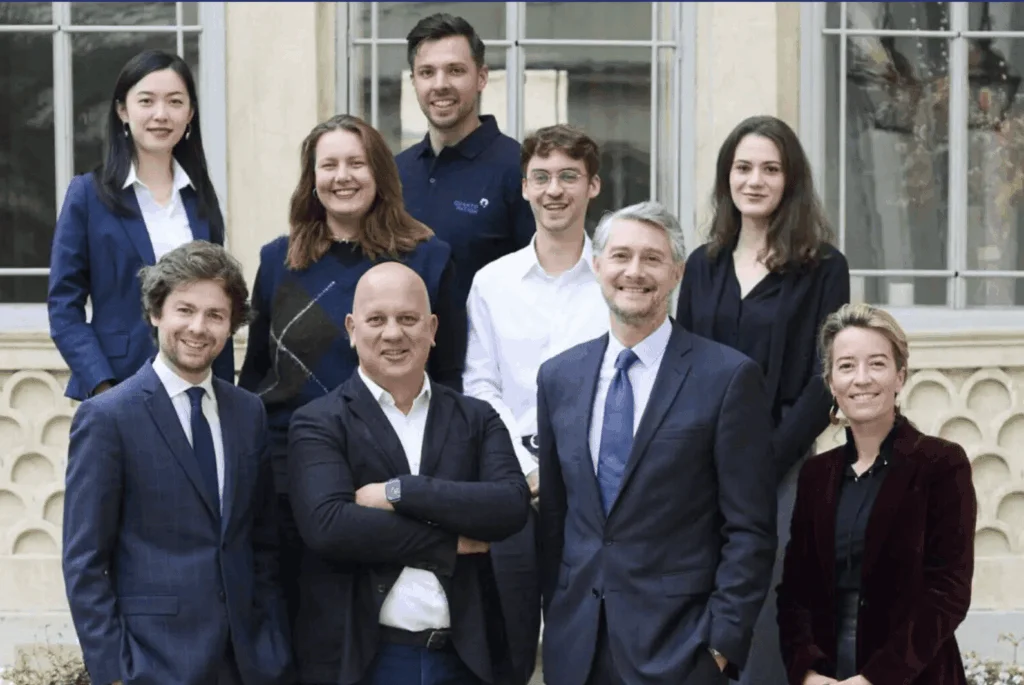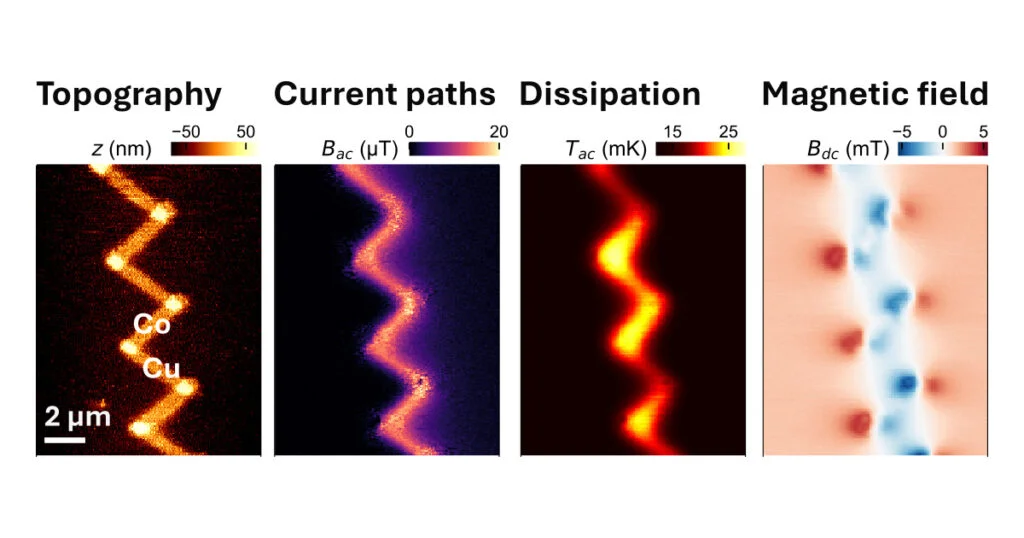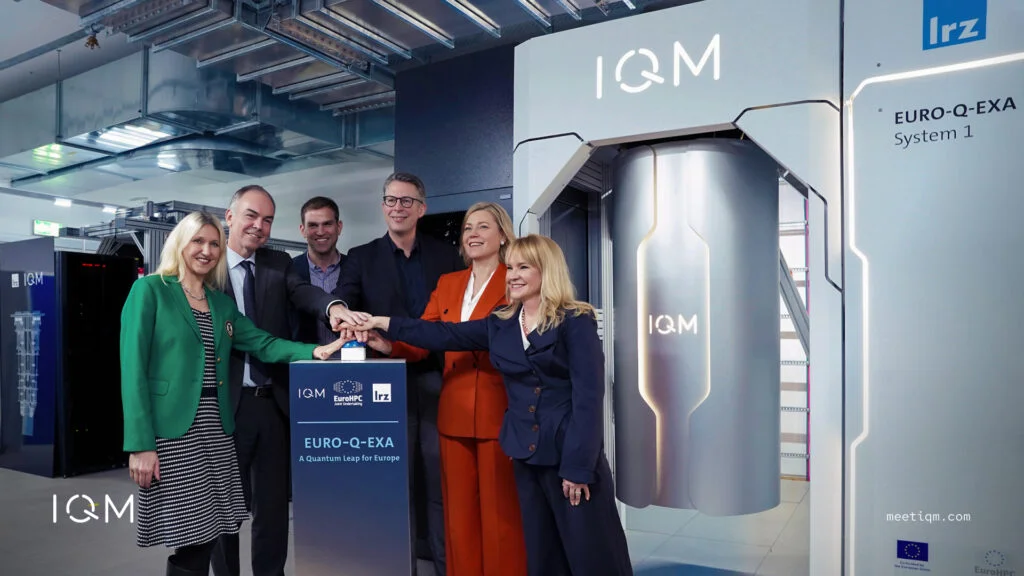Insider Brief
- Quantum computing’s potential to crack existing encryption, known as “QDay,” is driving significant investment from governments and private sectors, due to its revolutionary impact on information security.
- Quantum computers, utilizing qubits and entanglement, can process vast amounts of data simultaneously, exponentially increasing their computational power and posing a threat to current encryption methods.
- Dr. Leopold von Gerlach highlights three critical legal areas needing attention: ethical frameworks for responsible development, patent law to balance innovation and public access, and export control to ensure the technology remains with trusted allies.
“Much of this hype comes down to what is known as QDay or Quantum Day, a future point in time when quantum computers will be in a position to crack existing encryption code,” explained Dr. Leopold von Gerlach, discussing the current investment frenzy surrounding quantum computing. This exciting technology is attracting billions in funding from both governments and private investors, driven by its potential to revolutionize information security.
Dr. von Gerlach, an IP partner at Hogan Lovells, discussed the fundamental difference between quantum computers and their traditional counterparts. While conventional computers use bits representing values of 0 or 1, quantum computers employ qubits that can represent both values simultaneously. This unique property grants quantum computers their extraordinary computational power.
“With each additional qubit, exponentially more calculating power is added to the computer,” von Gerlach noted. He further explains the concept of entanglement, where qubits are interconnected, enabling parallel processing of vast numbers “millions and millions of times.” This capability positions quantum computers to potentially break current encryption methods through sheer computational force.

As we approach this technological watershed, von Gerlach identified three critical legal areas requiring attention.
“First, ethical frameworks: we need to find a way to deal in a responsible manner with that new technology,” he said. This underscores the importance of establishing guidelines for the ethical development and application of quantum computing.
The second focus is patent law, where stakeholders must determine “for what part of this technology we want to provide proprietary rights and what we want to keep in the public domain.” This balance is crucial for fostering innovation while ensuring equitable access to fundamental quantum technologies.
Lastly, von Gerlach addressed the geopolitical implications: “Third, export control: we need to make sure that this powerful technology stays with our friends and is not going to end up with our foes.” This point pays attention to the strategic importance of quantum computing and the need for careful regulation of its dissemination.
The legal landscape must evolve in tandem as quantum evolves. Dr. von Gerlach’s insights reveal the complex interplay between technological progress and legal frameworks, setting the stage for a new era in computational power and its governance.

